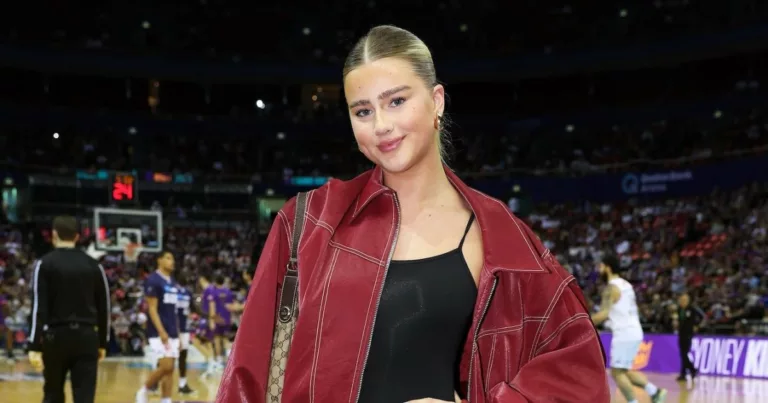Influencer Sophia Begg Criticized for Cultural Insensitivity in Japan Post
Australian influencer Sophia Begg has sparked controversy after using a Mandarin-language song in her recent travel posts from Japan. The 21-year-old, who boasts over a million followers on Instagram, shared a carousel documenting her first day in Tokyo, accompanied by the track “Blueprint Supreme” by Mandarin rapper SKAI ISYOURGOD. Many fans have deemed her choice…


